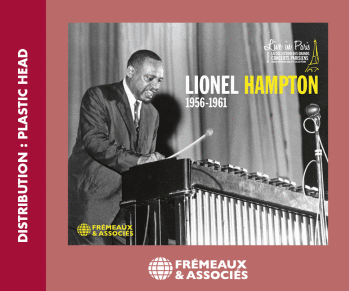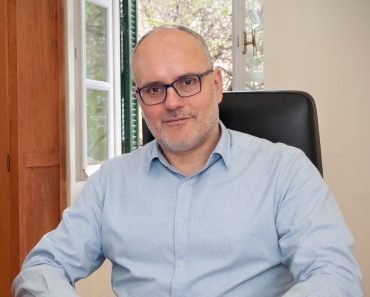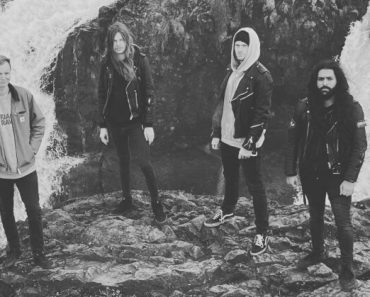Transcendence: Music Of Pat Metheny (FMR CD 718-0125)
Transcendence is the first recording from a largely invigorating ensemble of three seasoned American musicians, Bob Gluck (kyb), Christopher Dean Sullivan (elb) and Karl Latham (d). Even if I find a touch over the top Karl Ackermann’s view in All About Jazz that “As a composer and player, Gluck ranks with the likes of Andrew Hill and Cecil Taylor”, there’s no doubt that, like his companions here, Gluck (born 1955) can really play, his overall assertiveness of touch and attack complemented by the sort of lyricism revealed but rarely by either AH or CT.
Enjoy especially the opening, rolling and cooking Question & Answer, the subsequent poise and flowing elegance of Afternoon and the undulating dynamics, telling group interplay and poetic coda of The Bat. Unfortunately, after such a promising start, questions start to arise.
Among his many activities – he was once a rabbi – Gluck is a lauded writer. Following his books on Herbie Hancock’s Mwandishi Band and “the lost quintet” of the Miles Davis of Bitches Brew, recently Gluck had his Pat Metheny: Stories Beyond Words published by the University of Chicago Press (reviewed in JJ by Nigel Jarrett). So I find it both surprising and disappointing that the present disc has only five Metheny numbers, the other two in the seven-piece programme being Herbie Hancock’s Dolphin Dance from Maiden Voyage (1965) and Keith Jarrett’s Everything That Lives Laments from Mysteries (1975). With nothing here from the Metheny of the 1970s – for me, the guitarist’s finest decade – does a tribute release which features Question & Answer, Afternoon, The Bat, Offramp and Roof Dogs offer an adequate picture of Metheny’s oeuvre?
The press release – which, unfortunately, tells us that Q & A was first recorded by Metheny with Roy Haynes and Charlie Haden (no, Dave Holland) – celebrates the fact that on Offramp and Roof Dogs Gluck plays “the Roli Seaboard, a [MIDI] keyboard instrument that has an intense sound reminiscent of Metheny’s guitar synthesizer at its wildest.” But during the various latter-day Metheny concerts I caught, I always hoped to hear as little as possible of such (sometimes sonically hideous) freak-outs. And I’m also unable to share fully the PR enthusiasm for what are deemed an “abstract” take on Hancock’s Dolphin Dance and a “thought-provoking exploration” of Jarrett’s Everything That Lives Laments. More than passable as these exploratory takes are, they served chiefly to remind me of the sui generis status of the wonderful originals.
– Advertisement –
Sokratis Sinopoulos & Yann Keerim: Topos (ECM 784 9972)
Of these two exploratory Greek musicians, Sinopoulos (lyra) will be known to ECM buffs for his work on the 2011 Athens Concert headed by Maria Farantouri and Charles Lloyd, as well as his later contributions to the music of Eleni Kairandrou, e.g. Tous Des Oiseaux. His quartet with Keerim (p) recorded twice for ECM (Eight Winds and Metamodal) but here these two genre-bridging artists offer a duo programme of singular rhythmic resonance and poetic clarity.
In a short note they reveal that “Our Topos is where tradition meets the present, the Balkan mountains meet urban space, the music of the countryside meets contemporary creation […] The programme is inspired by the music of Béla Bartók.” Sinopoulos and Keerim contributed four pieces while the majority of the 10-piece recital was inspired by Bartók’s Romanian Folk Dances.
– Advertisement –
One of my most treasured LPs from the pre-digital era is the Hungaraton collection of Bartók’s Romanian, Transylvanian and Hungarian folk dances and sketches. Chick Corea was a life-long Bartók enthusiast and when Jan Garbarek stayed at my place once, after a mid-1980s concert in Brighton, he was so struck by a book I had on Bartók’s engagement with folk material that I felt I simply had to give the book to Jan. Tommy Smith’s Gymnopédie (1997) featured two Bartók pieces as well as two of Corea’s Bartók-touched Children’s Songs. And more recently we have seen further jazz engagement with the Hungarian master in alto saxophonist Martin Speake’s 2017 Duos For Trio: The Music Of Béla Bartók, recorded with Matthew Forbes (clo) and Phelan Burgoyne (pc).
So, if the many striking moments of Topos can be seen as a classic example of ECM’s exploration and documentation of the hinterland of jazz, they are also a stimulus to reconsider the import of Bartók in today’s world of jazz-inflected, genre-crossing fluidity and exploration. The jazz-despising Theodor Adorno may well turn in his grave, but it seems to me that a good case could be made that it is Bartók, and not Schoenberg, who was the 20th century’s most consequential “avant-garde” composer.
– Advertisement –








